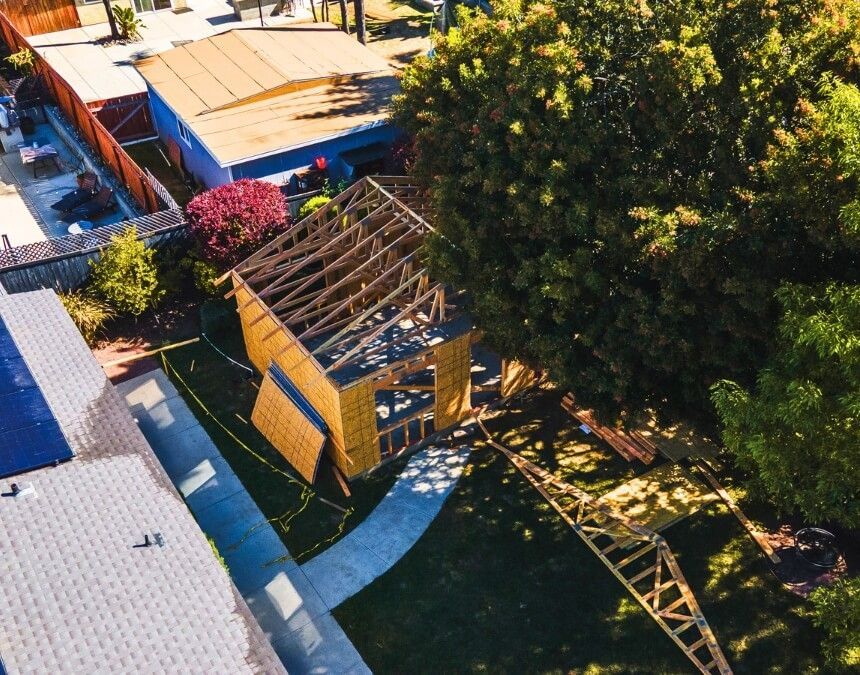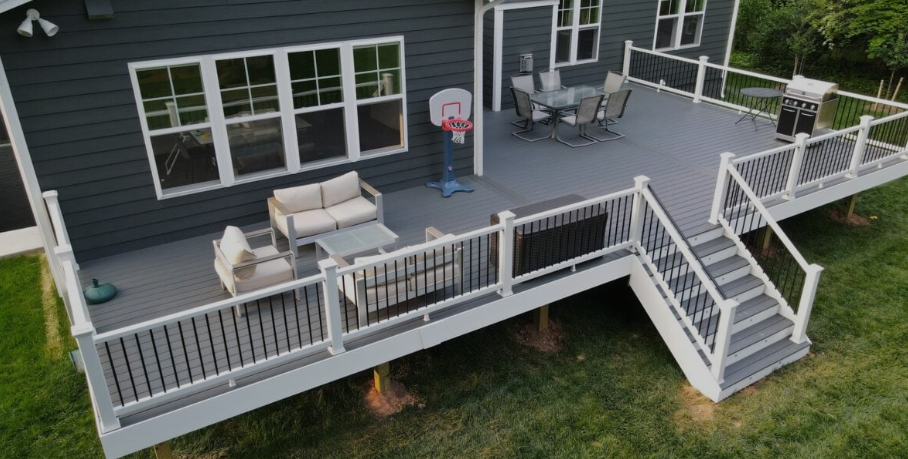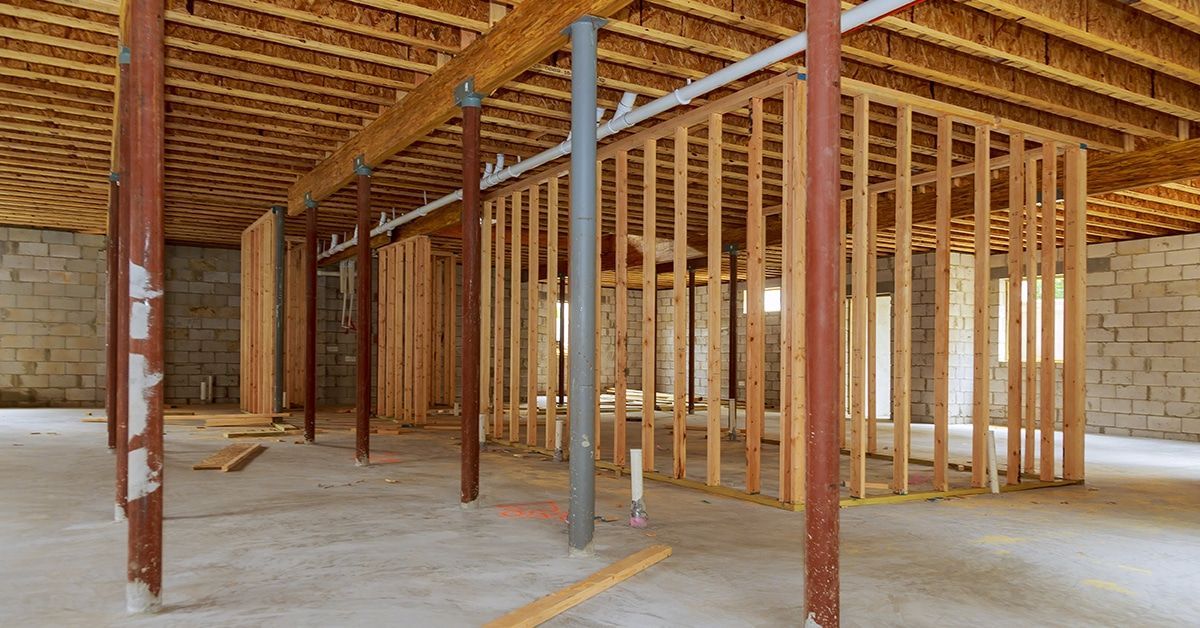How to Choose an Excavation Contractor in Rhode Island
Choosing the right excavation contractor in Rhode Island is crucial for your project's success, safety, and long-term value. With Rhode Island's unique soil conditions, strict environmental regulations, and coastal challenges, selecting an experienced local contractor can save you thousands of dollars and prevent costly mistakes.
Key Factors When Choosing an Excavation Contractor
1. Rhode Island Licensing and Insurance Requirements
All excavation contractors in Rhode Island must carry proper licensing and insurance. Verify your contractor has:
- Rhode Island contractor's license (required for projects over $1,000)
- General liability insurance (minimum $1 million coverage)
- Workers' compensation insurance for all employees
- Equipment coverage for machinery and tools
- Bonding for larger commercial projects
2. Local Experience and Knowledge
Rhode Island's diverse geography requires specialized expertise:
- Coastal excavation experience for salt air and storm surge conditions
- Historic district knowledge for Providence, Newport, and other preserved areas
- Wetland regulations understanding for environmental compliance
- Municipal permit experience across different Rhode Island cities
3. Equipment and Technology
Modern excavation projects require appropriate equipment:
- Hydraulic excavators for precision digging
- Rock breakers for Rhode Island's rocky terrain
- Dewatering equipment for high groundwater areas
- Compact equipment for residential properties
- GPS grading systems for accurate work
Essential Questions to Ask Potential Contractors
Licensing and Credentials
- "Are you licensed to work in Rhode Island?"
- "Can you provide proof of current insurance coverage?"
- "Do you have experience with Rhode Island building codes?"
- "Are your employees properly trained and certified?"
Project Experience
- "How many similar projects have you completed in Rhode Island?"
- "Can you provide references from recent local projects?"
- "Do you have experience with my specific soil conditions?"
- "Have you worked in my municipality before?"
Technical Capabilities
- "What type of excavation equipment do you own?"
- "Do you handle permit applications and inspections?"
- "Can you provide soil testing and analysis?"
- "Do you offer drainage solutions and installation?"
Red Flags to Avoid
Contractor Warning Signs
Door-to-Door Solicitation:
- Legitimate contractors don't need to solicit work door-to-door
- Be wary of contractors who "happen to be in the neighborhood"
- Avoid contractors who pressure you to sign immediately
Unusually Low Bids:
- Extremely low bids often indicate corners will be cut
- Missing permits, insurance, or proper disposal costs
- Substandard materials or rushed work quality
Cash-Only Payments:
- Reputable contractors accept various payment methods
- Cash-only demands suggest tax avoidance or lack of business legitimacy
- Avoid contractors who demand full payment upfront
No Physical Address:
- Legitimate contractors have established business locations
- P.O. Box only addresses raise credibility concerns
- Local contractors should have verifiable Rhode Island addresses
Rhode Island-Specific Contractor Requirements
Municipal Variations
Providence Requirements:
- Contractors must register with the city
- Specific permits required for different project types
- Historic district contractors need special certification
- Noise ordinances limit working hours
Warwick Regulations:
- Coastal contractors need additional environmental training
- Storm water management expertise required
- Tree preservation knowledge essential
- Flood zone construction experience preferred
Cranston Guidelines:
- Soil contamination testing capabilities required
- Industrial area excavation experience preferred
- Stream buffer zone compliance knowledge
- Erosion control expertise essential
Newport Standards:
- Historic preservation experience mandatory
- Archaeological sensitivity training required
- Coastal erosion mitigation knowledge
- Tourism season scheduling flexibility
Environmental Compliance
Wetland Regulations:
- Contractors must understand Rhode Island wetland laws
- DEM permit application experience required
- Buffer zone compliance knowledge essential
- Mitigation plan development capabilities
Soil Management:
- Proper disposal facility relationships
- Contaminated soil handling certification
- Clean fill sourcing capabilities
- Erosion control implementation experience
Evaluating Contractor Proposals
Comprehensive Bid Components
Project Scope:
- Detailed work description and specifications
- Timeline with specific milestones
- Material specifications and quantities
- Cleanup and restoration requirements
Cost Breakdown:
- Labor costs separated from materials
- Equipment rental or usage fees
- Permit and inspection fees
- Disposal costs for excavated materials
Terms and Conditions:
- Payment schedule tied to project milestones
- Change order procedures and pricing
- Weather delay provisions
- Warranty and guarantee terms
Comparing Multiple Bids
Price Analysis:
- Compare total project costs, not just hourly rates
- Evaluate included services and materials
- Consider long-term value over lowest price
- Factor in contractor reputation and reliability
Timeline Evaluation:
- Realistic project duration estimates
- Contractor availability and scheduling
- Weather contingency planning
- Permit processing time inclusion
Checking References and Reviews
Reference Verification
Recent Project References:
- Contact at least three recent clients
- Ask about project quality and timeliness
- Inquire about communication and professionalism
- Verify contractor handled problems appropriately
Municipal References:
- Check with local building departments
- Verify permit compliance history
- Ask about contractor reputation with inspectors
- Confirm no outstanding violations or complaints
Online Research
Digital Presence:
- Professional website with local project examples
- Google My Business listing with positive reviews
- Better Business Bureau accreditation and rating
- Social media presence with project documentation
Review Analysis:
- Look for consistent positive feedback themes
- Pay attention to how contractors respond to negative reviews
- Verify reviews seem genuine and detailed
- Check multiple review platforms for consistency
Contract Essentials
Written Agreement Requirements
Project Details:
- Specific work scope and specifications
- Materials and equipment to be used
- Timeline with start and completion dates
- Site access and working hour restrictions
Financial Terms:
- Total project cost with itemized breakdown
- Payment schedule tied to project milestones
- Change order procedures and approval process
- Lien waiver provisions upon payment
Legal Protections:
- Contractor licensing and insurance verification
- Permit responsibility and cost allocation
- Cleanup and damage liability
- Warranty terms and duration
Important Clauses
Permit Compliance:
- Contractor responsibility for obtaining permits
- Municipal inspection coordination
- Code compliance guarantee
- Violation remedy procedures
Environmental Protection:
- Soil contamination discovery procedures
- Wetland protection measures
- Erosion control implementation
- Proper waste disposal requirements
Seasonal Considerations in Rhode Island
Spring Contractors (March-May)
Advantages:
- Experienced contractors resume full operations
- Competitive pricing before peak season
- Adequate time for project completion
Considerations:
- High demand as projects restart after winter
- Weather delays possible from spring rain
- Soil conditions may require additional preparation
Summer Contractors (June-August)
Advantages:
- Optimal working conditions for excavation
- Extended daylight hours for productivity
- Dry conditions ideal for most projects
Considerations:
- Peak season pricing typically higher
- Contractor availability may be limited
- Vacation schedules can affect timelines
Fall Contractors (September-November)
Advantages:
- Stable weather conditions
- Contractor availability often better
- Competitive pricing as season winds down
Considerations:
- Limited time before winter weather
- Potential for project delays into spring
- Concrete work may be weather-dependent
Cost Considerations
Fair Pricing Expectations
Excavation Rates in Rhode Island:
- Basic excavation: $15-25 per cubic yard
- Rocky soil conditions: $25-40 per cubic yard
- Difficult access: $30-50 per cubic yard
- Specialty work: $40-75 per cubic yard
Additional Cost Factors:
- Permit fees: $200-1,000 depending on project
- Soil disposal: $10-30 per cubic yard
- Dewatering: $1,000-5,000 for complex projects
- Utility relocation: $500-2,000 per service
Budget Planning
Cost Variables:
- Soil conditions and excavation difficulty
- Site accessibility and equipment requirements
- Permit complexity and inspection needs
- Seasonal timing and contractor availability
Hidden Costs to Discuss:
- Unexpected rock or hard soil conditions
- Contaminated soil discovery and disposal
- Utility conflicts requiring relocation
- Weather delays and extended timelines
Working with Your Chosen Contractor
Communication Best Practices
Project Updates:
- Regular progress reports and photo documentation
- Immediate notification of any issues or changes
- Clear communication channels and response times
- Written documentation of all decisions and changes
Site Management:
- Respect for property and neighboring homes
- Proper safety protocols and equipment use
- Clean job site maintenance during work
- Restoration of disturbed areas upon completion
Problem Resolution
Change Orders:
- Written approval required for scope changes
- Fair pricing for additional work
- Timeline adjustments for modified scope
- Documentation of reasons for changes
Dispute Resolution:
- Clear communication about concerns
- Documentation of all interactions
- Mediation services if needed
- Legal remedies for serious violations
Final Contractor Selection
Decision Criteria
Primary Factors:
- Proper licensing and insurance verification
- Strong local references and reputation
- Competitive pricing with clear scope
- Professional communication and responsiveness
Secondary Considerations:
- Equipment quality and availability
- Company stability and longevity
- Environmental compliance experience
- Warranty and service commitments
Making the Final Choice
Documentation Review:
- Verify all licensing and insurance documents
- Confirm written contract includes all discussed items
- Ensure permit responsibilities are clearly defined
- Review payment terms and change order procedures
Pre-Project Confirmation:
- Final site visit with chosen contractor
- Clarification of any remaining questions
- Confirmation of start date and timeline
- Review of safety protocols and site access
Looking for a trusted excavation contractor in Rhode Island? Rockhouse Construction brings years of local experience, proper licensing, and comprehensive insurance to every project. Our team understands Rhode Island's unique soil conditions, environmental regulations, and municipal requirements to deliver professional excavation services you can trust. Contact us today for a free consultation and estimate for your excavation project.











